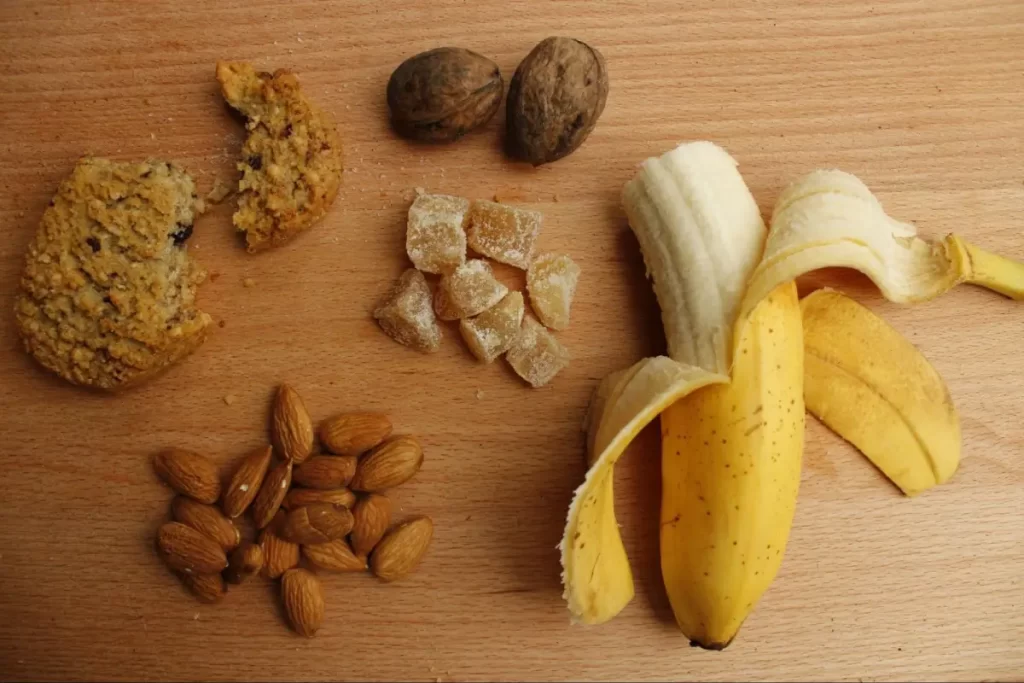Maintaining peak performance in sports requires more than dedication and rigorous training regimes. It demands a well-rounded, balanced diet that provides essential nutrients and vitamins. There is a well-known saying that you cannot out-train a bad diet; nothing is more accurate than that sentence.
In the old days, athletes knew about the importance of a nutritional diet but rarely stuck to one because none of their competitors did. However, with today’s top-tier sports teams doing everything in their power to gain an advantage and pushing the slimmest of margins, the difference between winning and losing can boil down to the food the sports stars are fuelling their bodies with.
How One Man Changed English Soccer
English soccer players used to have a reputation for eating junk food and drinking alcohol heavily between games. That was until Arsene Wenger arrived at Arsenal Football Club in 1996. Wenger had previously coached the Japanese team Nagoya Grampus Eight, and the Japanese culture had a massive influence on Wenger’s approach to nutrition.
Wenger banned alcohol from the players’ lounge, barred his players from drinking alcohol at home, and prohibited the consumption of fatty and sugary foods, including chocolate. Under Wenger, Arsenal’s players’ pre-match meal was pasta, boiled chicken, vegetables, plus vitamin tablets to increase their Vitamin B6, B12, C, and Omega-3 levels, among others.
Arsenal won the Premier League title during Wenger’s second season in charge and twice more before the 2003-04 campaign ended. Of course, the players Wegner purchased for his squad, the way he trained them, and the game-day tactics were important, but Wenger cites being healthier through what his players ate for much of the success the team enjoyed.
Five Core Elements of a Balanced Diet for Athletes
There are many elements to an athlete’s diet, but the following five are the primary areas of concern.
Protein
Protein is the fundamental building block for repairing and rebuilding tissues, especially those damaged or stressed during intense physical activity. Proteins contain amino acids, often called the building blocks of life.
Many protein sources exist, from lean meats such as chicken, turkey, fish, eggs, and dairy products. Those on a plant-based or vegetarian diet can consume beans, legumes, tofu, and other plant-based protein supplements, or consider adding a glutathione supplement Amazon to ensure they get enough amino acids.
Timing matters regarding protein consumption for athletes. They will find consuming protein before and after workouts, games, or matches beneficial. Pre-workout protein helps prepare muscles for activity, while post-workout protein assists recovery and promotes tissue repair.
Carbohydrates

As you know, carbohydrates are the human body’s primary source of readily available energy. The body breaks down carbohydrates into glucose, which powers muscles and sustains energy levels. Our muscles convert glucose to glycogen to store it in our muscles and liver, and this glycogen is depleted as we exercise. Eating carbohydrates replenishes glycogen stores, helping us to remain energized during prolonged physical activity.
Pasta, whole grains, fruits, and vegetables are excellent carbohydrate sources. Complex carbohydrates, such as those found in whole grains and fibrous foods, provide a steady release of energy, promoting endurance.
Like protein consumption, your timing of consuming carbohydrates is important as an athlete. A carbohydrate-rich meal or snack two to three hours before working out boosts energy. Many sports people consume carbohydrates during prolonged exercise, usually via energy gels and sports drinks, to keep energy levels up.
Consuming carbs after physical exertion can enhance recovery, too.
Fats
Fats often receive negative press because they are associated with an unhealthy lifestyle. However, fats play a crucial role as a concentrated energy source. They are essential for dozens of bodily functions, including cell structure, hormone production, and the absorption of vitamins A, D, E, and K.
Healthy fats from avocadoes, nuts, and seeds are recommended, as are those from fatty fish like mackerel and salmon, which provide unsaturated fats to diets. Athletes should incorporate omega-3 fatty acids into their diets because they support anti-inflammatory processes, which can help reduce muscle soreness. Such fats are found in fatty fish, flaxseed, and walnuts.
Fats are slow to digest, so consuming them a few hours before exercising is recommended.
Vitamins and Minerals
Vitamins and minerals are pivotal in our body’s biochemical reactions that support our overall health and athletic performance. Ideally, your balanced diet will provide your body with all the micronutrients it requires. If this is not the case, vitamin supplements are advised because deficiencies can lead to fatigue, compromised immune function, and a greater risk of injury.
All micronutrients are important, but athletes must ensure their Vitamin C, Vitamin D, calcium, and iron intake are in line with daily recommended amounts. Vitamin C supports immune function and assists in joint health, while Vitamin D, which we can get from sunlight, also plays a role in our immune system, bone health, and muscle functions.
Calcium is essential for bone health, with iron critical for preventing fatigue and transporting oxygen in our blood.
There is never a wrong time to consume vitamins and minerals. Our bodies store many of them until needed, but some are water-soluble and require regular replenishment; here’s looking at you, vitamin C and B vitamins!
Hydration
Consuming carbohydrates, proteins, fats, and vitamins helps keep athletes in tip-top shape, but a lack of hydration can significantly affect their performance. Our bodies lose fluids during exercise, which must be replaced; otherwise, our body begins losing the ability to regulate body temperature and transport nutrients.
Dehydration also results in a decline in physical and cognitive functions.
Water is the best source of hydration and should be drunk throughout the day, even when no exercise occurs. Sports drinks with electrolytes can be beneficial, too. However, avoid sugar-rich beverages or those containing caffeine because the latter can dehydrate our cells.
Remember, if you start feeling thirsty, you are already dehydrated, so keep your water levels topped up continually throughout the day.
Conclusion
Optimal athletic performance is intricately linked to a well-rounded and balanced diet. Proteins, carbohydrates, healthy fats, vitamins, minerals, and proper hydration are critical in supporting the body during intense physical exercise.
It is not a coincidence that elite-level athletes and top-tier sports teams put together strict dietary plans as they look to gain any edge possible in their chosen sport. Even if you are not athletic, consuming a balanced, nutritious diet will reap short and long-term rewards.














